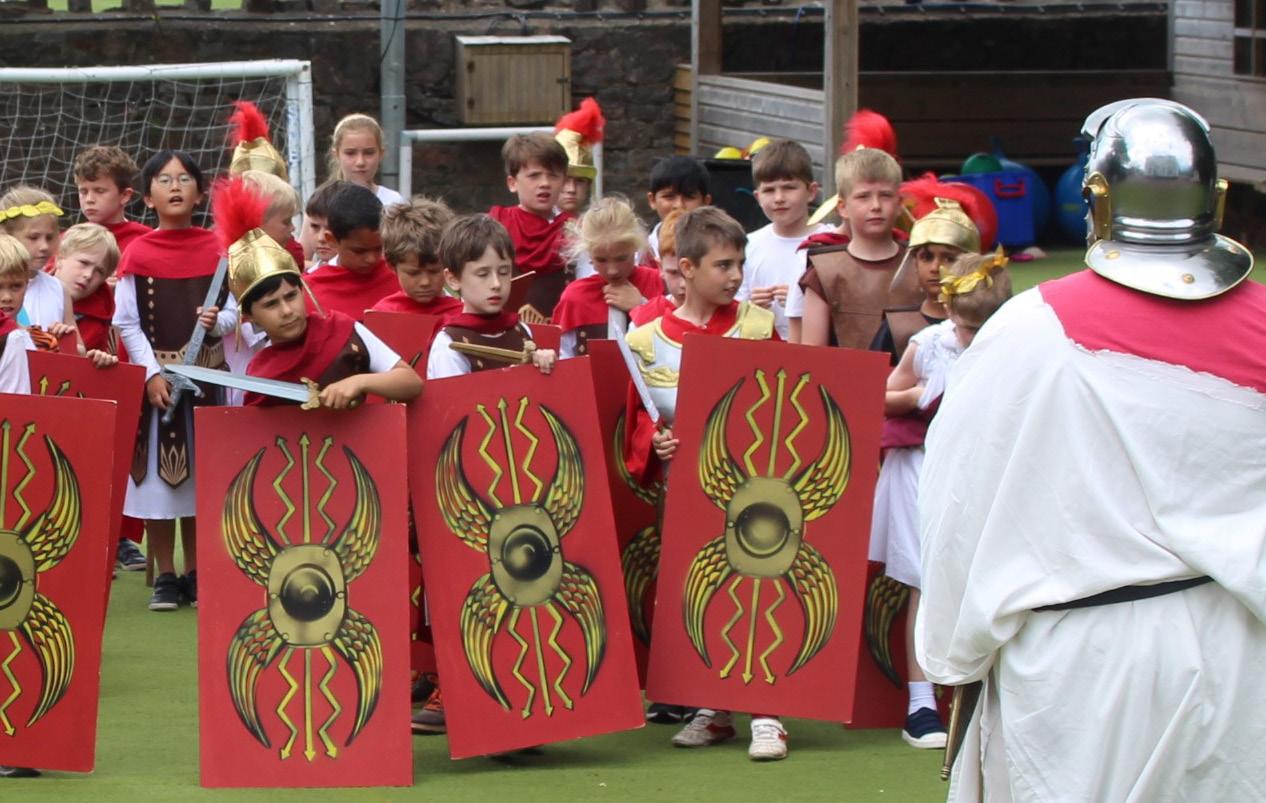H I S T O RY
Black History Month Black History Month is an annual observance originating in the USA as a way to remember important people and events in the history of African diaspora. by
A
t the forefont of discussion across academia has been the idea that black history has often been overlooked in a Eurocentric education system. Many historians have recently spoken about how ethnic minority communities are often portrayed as the faceless victims of empire and their achievements have often been overshadowed by white figures who are unfairly given undue credit. Certainly, we cannot afford to ignore what the black community has contributed to the world if we are to consider ourselves a democratic, equal society. In order to obtain a full grasp of our past, we need to understand the history of other cultures and how their actions have positively changed our lives today. Furthermore, in order to cooperate and live together in a multicultural society, we must understand where different traditions and cultures stem from and respect them. In light of the recent protests across the world, calling for an end to police brutality and a recognition of the past of the black communities, multiple pastoral houses, departments and pupils 40 The Exonian 2021
EDDIE MAYALL
picked key figures from black history to focus on, research and promote. The aim of this was to highlight how the BAME community has contributed to all areas of our modern life and also to introduce both pupils and adults to a fascinating area of history that they may have never thought to dive into before. The figures mentioned here are by no means a complete list and I encourage you all to do your own research about these people who have shaped our world.
DOWRICH: ASQUITH X AVIER
Asquith Xavier was born in Dominica,
in the Caribbean, in 1920. When he was 38, he moved to the UK and became a porter for British Rail. He later became a guard and wanted to transfer to Euston Station, however his request was denied due to the ‘colour bar’ which prevented black people from working in public service roles. He campaigned against this discrimination, and this was one of the many causes of the 1965 Race Relations Act being passed. This act made it illegal to discriminate against someone based on race in public places. Trains were not considered public spaces, so he continued to campaign until 1966 when he became the first black guard at Euston Station. Sadly, this great achievement did not come without much hardship for Asquith. He faced racial abuse and had to have a police escort to and from work. However, this work inspired future generations of activists and he contributed to the campaign for the 1968 Race Relations Act which banned discrimination in housing, employment and public services.
BIOLOGY: MARIE MAYNARD DALY
Marie Maynard Daly was born in Corona, New York in 1921. After finishing high school, she saved up money to enrol at Queen’s College in New York. The idea that a black woman would go to university in the 1940s was unacceptable to many at the time, but
















































